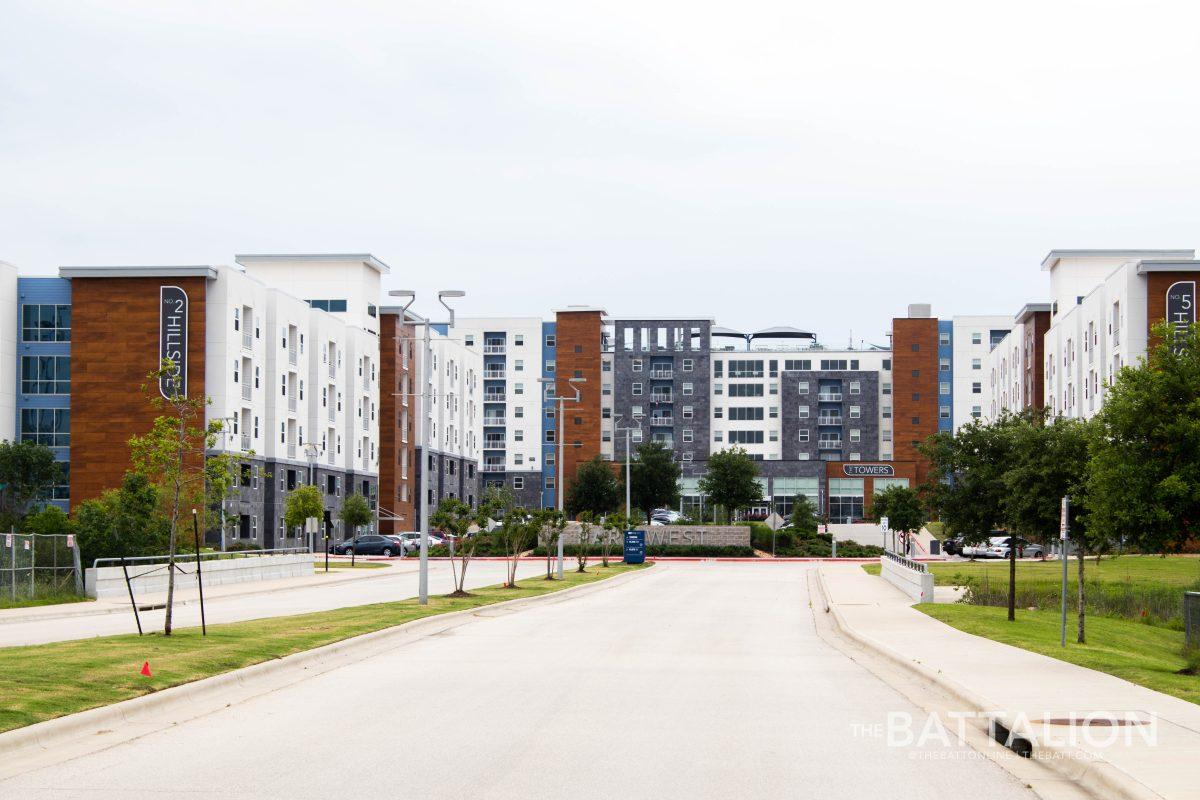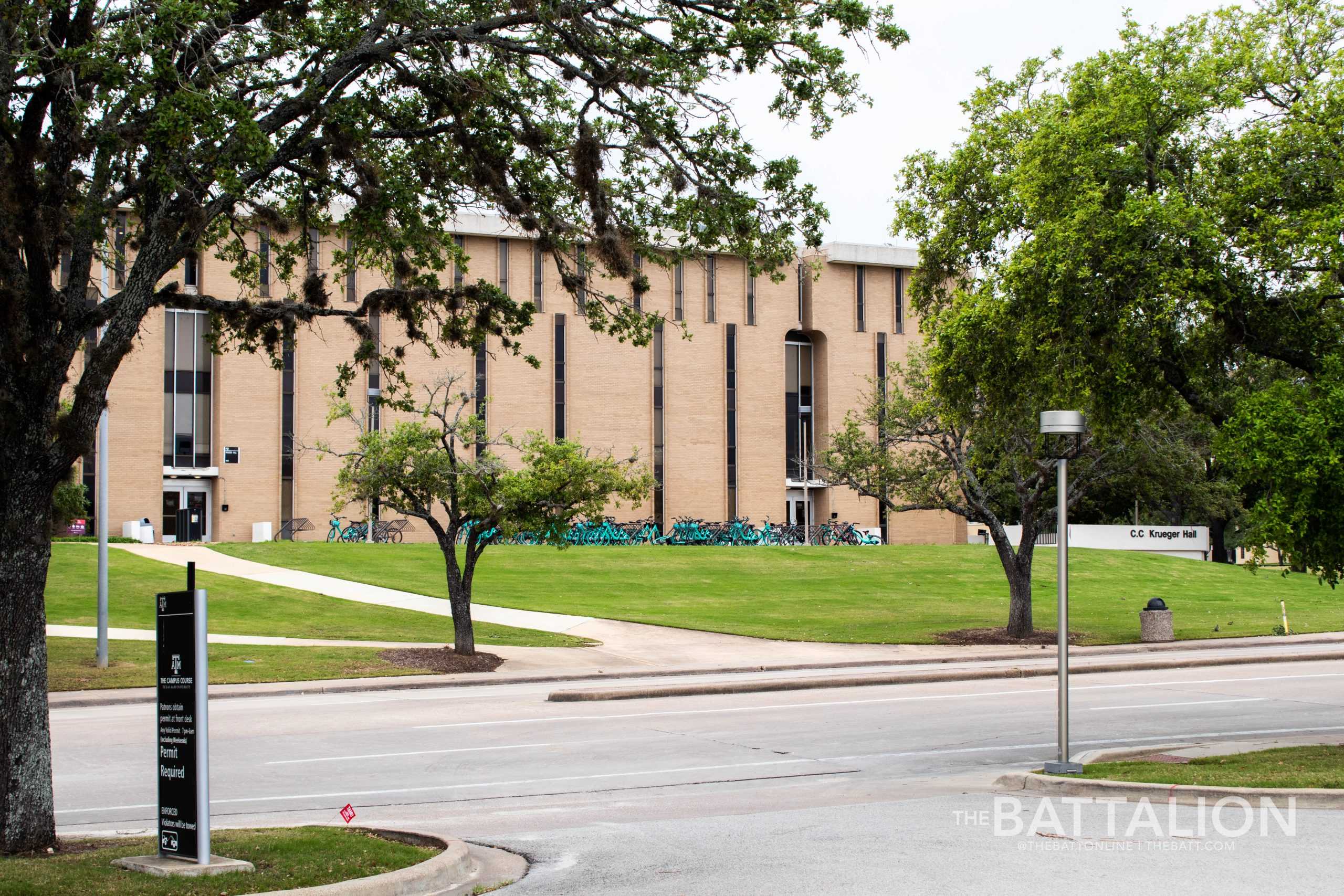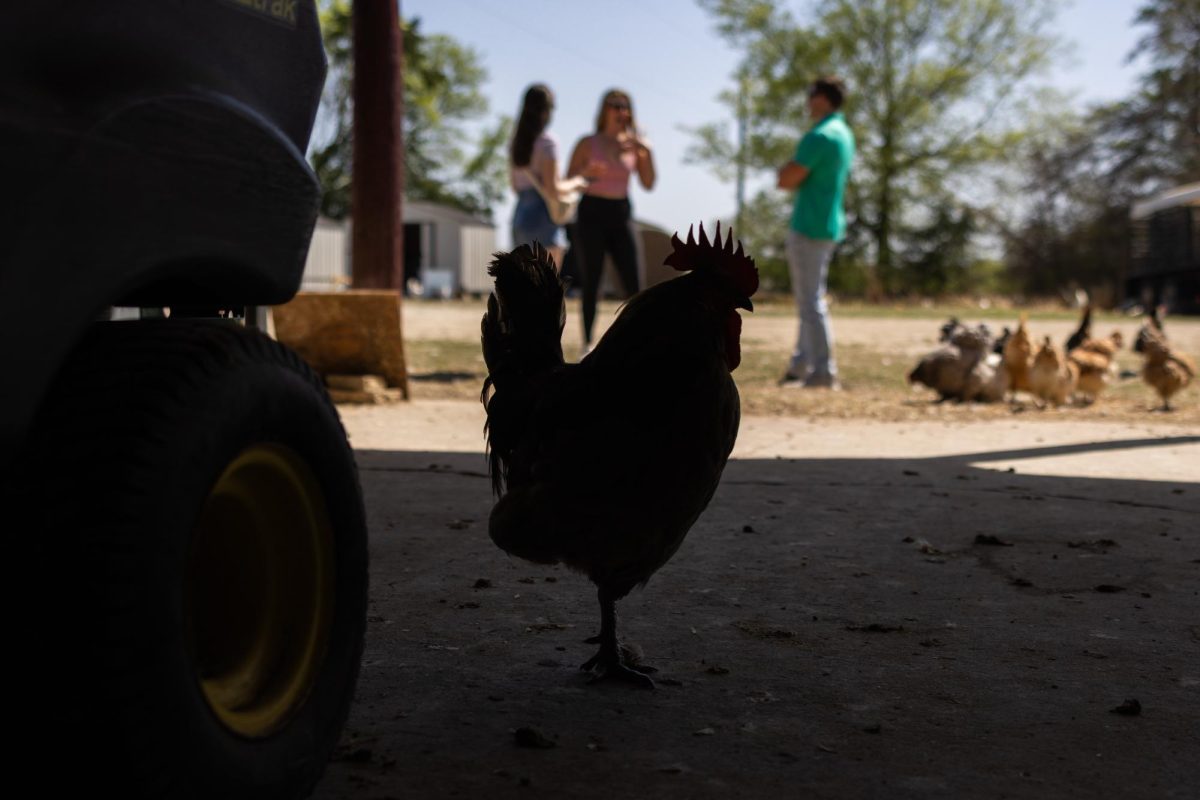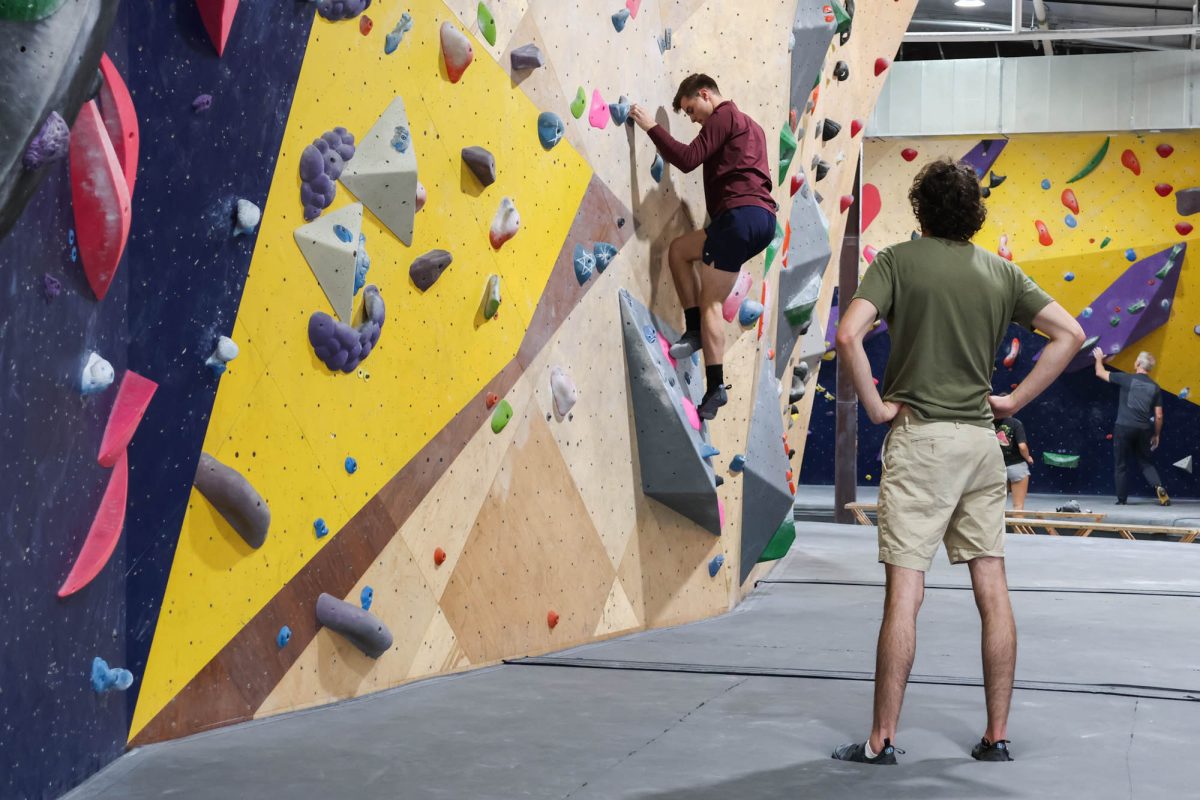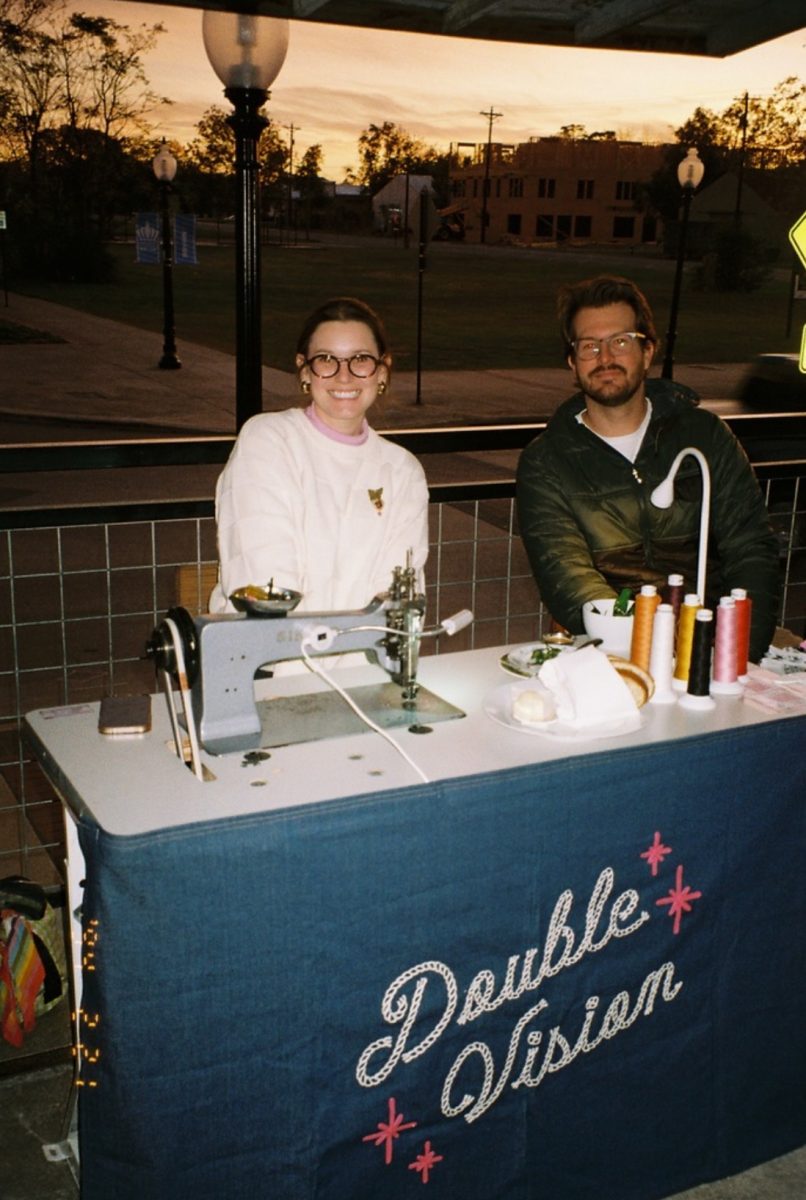Students considering housing have many options in Bryan-College Station, including on- and off-campus locations in one of the many dorms, apartment complexes, duplexes or houses nearby.
Student Life’s Aggie Search webpage provides a tool for students looking for off-campus housing. The search engine offers filter options, allowing students to narrow down their search by rent cost, the number of bedrooms, location, building type and more.
Each student has different priorities when considering where to live during the school year, Jennifer Ford, associate director at the Office of the Dean of Student Life, said. Ford was a graduate assistant in the office when Aggie Search was first unveiled 20 years ago. A brand new version of the platform launched in December 2019 to better serve students.
“I think for students who like a little more space and more independence and want to be able to cook more or be able to split costs, living off-campus can be a great option for them,” Ford said. “Being in Bryan-College Station, because we do have so much housing that still is close to the university, they’re still able to access campus quickly but may get that more independent space that they desire.”
The site can be used to search for available amenities and leasing options. When exploring housing options, it is essential to consider a property’s proximity to campus or bus stops.
“I think there really is something for everyone who is looking to live off-campus,” Ford said. “[The Aggie Search site] allows people to do a lot of homework before they go start visiting properties.”
Living on campus is a valuable option for students, Director of Administrative and Support Services for Residence Life Carol Binzer said. Research shows students living on campus have better GPRs, retention, shorter time to graduation, and increased rates of going on to graduate or professional schools.
“Meet some of your best friends, see resources through programming — like the Writing Center, Health Promotion or the Money Center — know you are cared about,” Binzer said. “These are a few of my favorite things about on-campus living.”
Academics, community, convenience and security are four benefits that Residence Life focuses on providing for students living on-campus. Academic peer mentors and living-learning communities at residence halls provide students with an educational atmosphere in which to succeed.
“Each of the halls and apartments offers some unique amenities,” Binzer said. “Outdoor spaces have been enhanced with hammock posts, a gaga ball pit, basketball and volleyball, even outdoor grills.”
Students are encouraged to choose their dorm based on proximity to classes or in halls that have living-learning communities for their majors. Five price points are available for students to incentivize living on campus.
“The community and convenience factors help with student involvement,” Binzer said.
For some students, housing options can be limited by the need for special accommodations. Wheelchair or elevator access, a kitchen, or strobe fire alarms for hard of hearing students are some frequently requested accommodations.
“When you depend on certain types of things to help you do your day-to-day business, you need to know what that looks like when you’re going to go to a place and commit to living there,” Assistant Director of Disability Resources Tracey Forman said.
Residence Life helps place students with disabilities in the best on-campus housing option available. Placements work best when students submit requests for special accommodations well in advance. Forman suggests returning students submit requests in February and incoming fall students submit applications in March.
“There are times that a student’s need might not be able to be met depending on the time of year of the request and the current occupancy,” Forman said. “Ideally it is best for students to let us know of their potential housing accommodation needs prior to room assignments being completed.”
Some accommodations require renovations to a dorm room. To have these requests met, students must contact Disability Resources early.
“The University has an obligation to make sure their programs, facilities and activities are accessible,” Forman said. “We want to do that to the best of our ability, but we need to do that with enough advance notice and [to work] with the student and Residence Life to find out what’s reasonable and possible within the timeframe that we have.”




